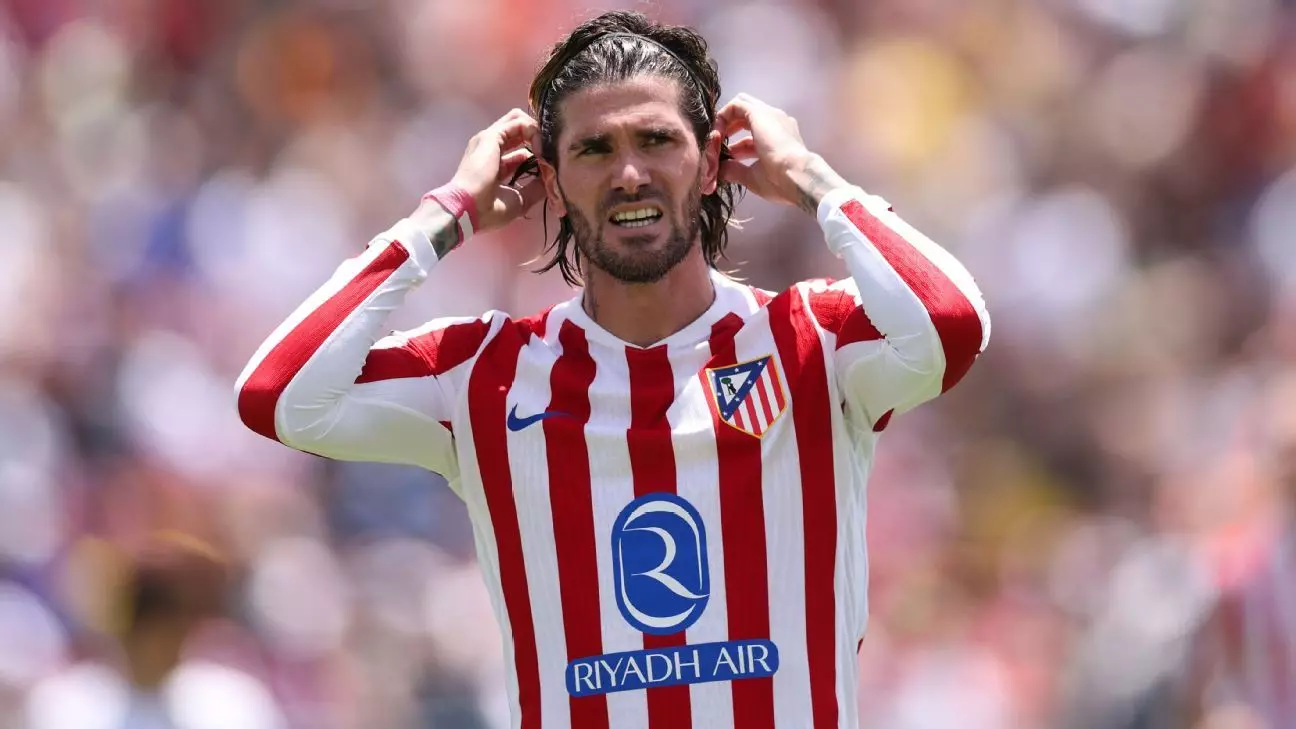The acquisition of Rodrigo De Paul by Inter Miami exemplifies a visionary approach to transforming the Major League Soccer landscape. This move is not merely about adding a talented midfielder; it signals a deliberate effort to elevate the club’s competitive stature and global appeal. In an era where MLS clubs are increasingly preoccupied with star power, Miami’s pursuit of De Paul underscores a commitment to building a team rooted in skill, experience, and international success. By targeting a player of De Paul’s caliber—world Cup champion, Copa América winner, and proven performer in Europe—the club signals its ambition to be recognized as a contender on both American and international stages.
Strategic Financial and Roster Planning
While De Paul will initially join on a loan, the nuances of MLS roster rules mean the move is as much about strategic flexibility as it is about immediate impact. The fact that the club has reserved Designated Player spots for Lionel Messi, Jordi Alba, and Sergio Busquets illustrates a calculated approach—maximizing star power while leaving room for growth. This layered strategy allows Miami to integrate De Paul into the squad without disrupting current cap structures, opening the door to future larger commitments should his performance warrant it. It is a clear sign that Miami’s management understands the complex financial landscape of MLS and is willing to navigate it with long-term aspirations.
The Cultural and Competitive Boldness
De Paul’s arrival extends beyond tactical considerations; it signals Miami’s willingness to embrace a cosmopolitan, competitive identity. By adding a high-profile Argentine midfielder, the club reinforces its narrative of international ambition and cultural diversity, attracting global attention and player interest. Moreover, De Paul’s pedigree as a World Cup winner and experienced European player adds credibility and leadership to a squad eager to turn the page from its recent struggles in tournaments like the Club World Cup. This move demonstrates Miami’s desire to craft a team that not only competes but also conquers with a bold, fearless attitude.
Implications for Future Signings and Club Growth
The strategic addition of De Paul also serves as a harbinger of future growth—not only for Miami but for MLS as a whole. If the loan converts into a multi-year contract, it will set a precedent for European-level talent to see MLS as a viable destination. This could ignite a wave of international signings that elevate the league’s profile and competitiveness. The club’s openness to adjusting contract structures based on performance exemplifies a sophisticated understanding that success in modern football depends on dynamic, forward-thinking roster management.
In essence, Rodrigo De Paul’s move to Inter Miami is more than just a transfer; it mirrors an innovative, ambitious blueprint for transforming a club and a league. Miami’s calculated, strategic approach to talent acquisition and long-term growth underscores a belief that the MLS is on the cusp of a new era—one driven by bold ambitions, high-profile signings, and a relentless pursuit of excellence.

